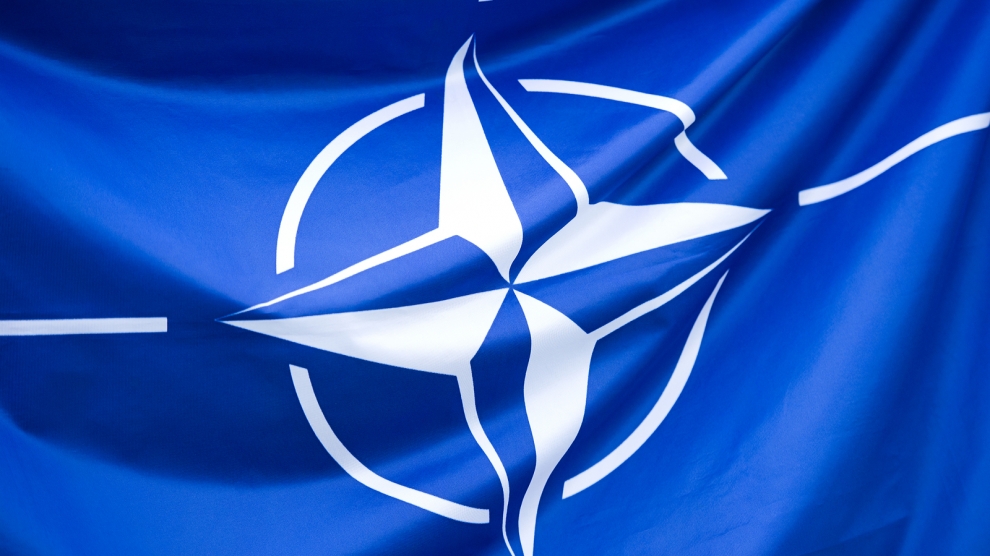In April, key policy planners and makers of the 29 members of the North Atlantic Treaty Organisation (NATO) met in Washington, DC to commemorate the 70th anniversary the North Atlantic Treaty. As NATO looks toward the future, US interests in Europe, perhaps more so in emerging and value-sharing partners in the continent, remain vital.
In terms of US engagement, the peace, stability and expanding prosperity in Europe are every bit as important as the Middle East and the Indo-Pacific, the other two important foreign policy theatres. America’s closest key allies are in Europe, with which the US shares a strong commitment to the rule of law, free markets, and democracy. As well documented, many of these ideas and principles have been brought over by the millions of immigrants from Europe, and interaction between the US and Europe is strong and vibrant.
A stable, secure, and economically viable Europe is in America’s economic interest too. For 70 years since the signing of the treaty, the US military, diplomatic, and economic presence in Europe have contributed to European stability, which has economically benefited both Europeans and Americans. The economies of Europe, along with the United States, account for approximately half of the global economy. The US and Europe are each other’s principal trading partners. The US and Europe are each other’s top source of foreign direct investment. All of this brings untold benefits to the US economy and, by extension, American consumers, producers, and workers.
As history vindicates, since its creation in 1949, NATO has done more to promote democracy, peace, economic prosperity, and security in Europe than any other multilateral organisation, including the European Union. It is essential that the US continues to be an active participant in the Alliance’s future and charts a course for greater future together.
NATO is the cornerstone of the transatlantic political-security alliance, but the best way to sustain a strong base is from the bottom up. The foundation of transatlantic relationship requires advancing practical bilateral partnerships that runs across emerging partners and allies in Europe. Going forward, essential efforts should continue in the areas of military, economic, and energy cooperation that should deepen and broaden America’s engagement with Europe.

